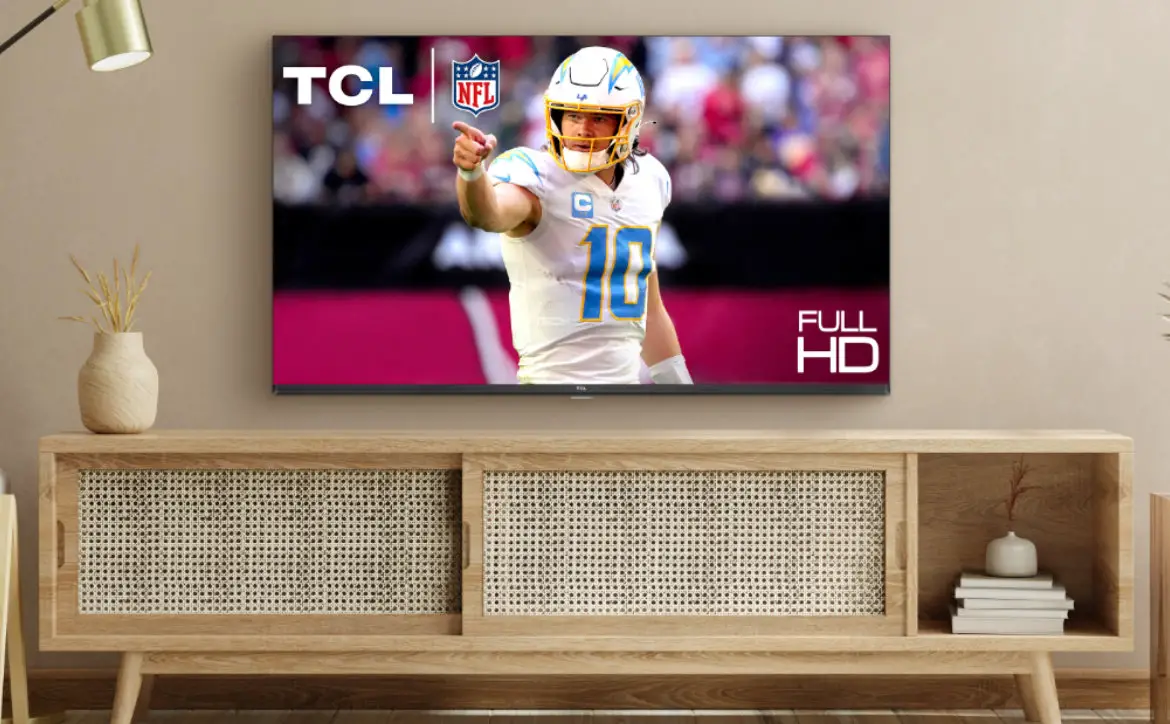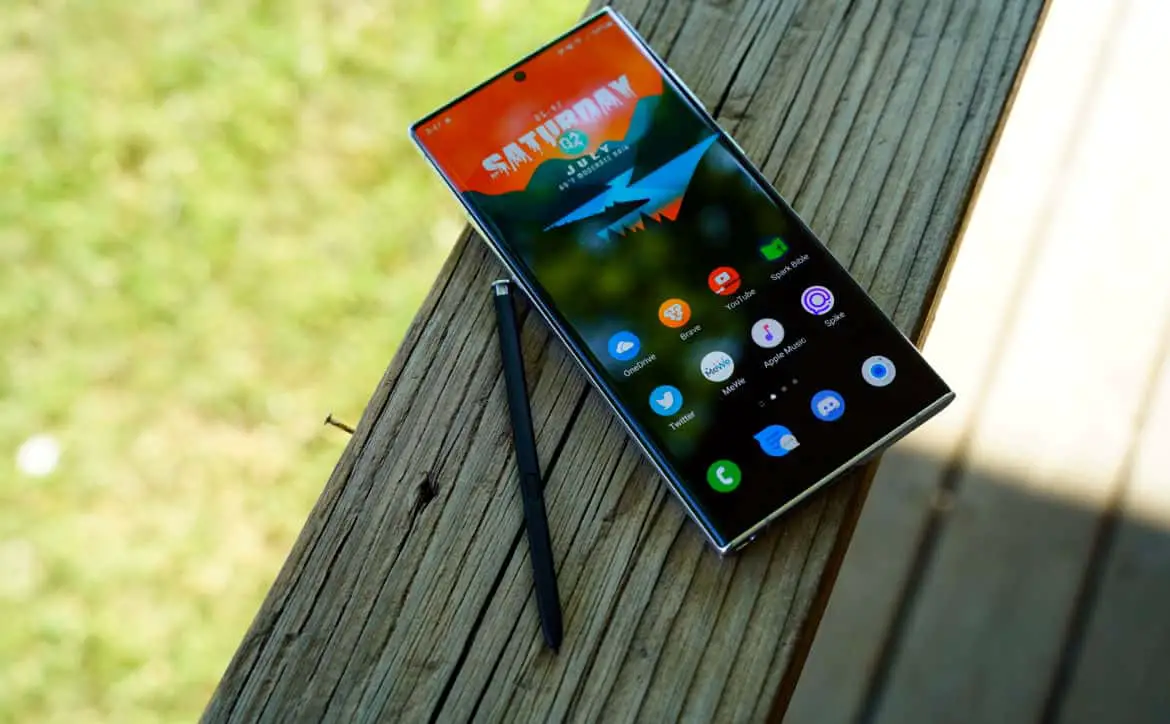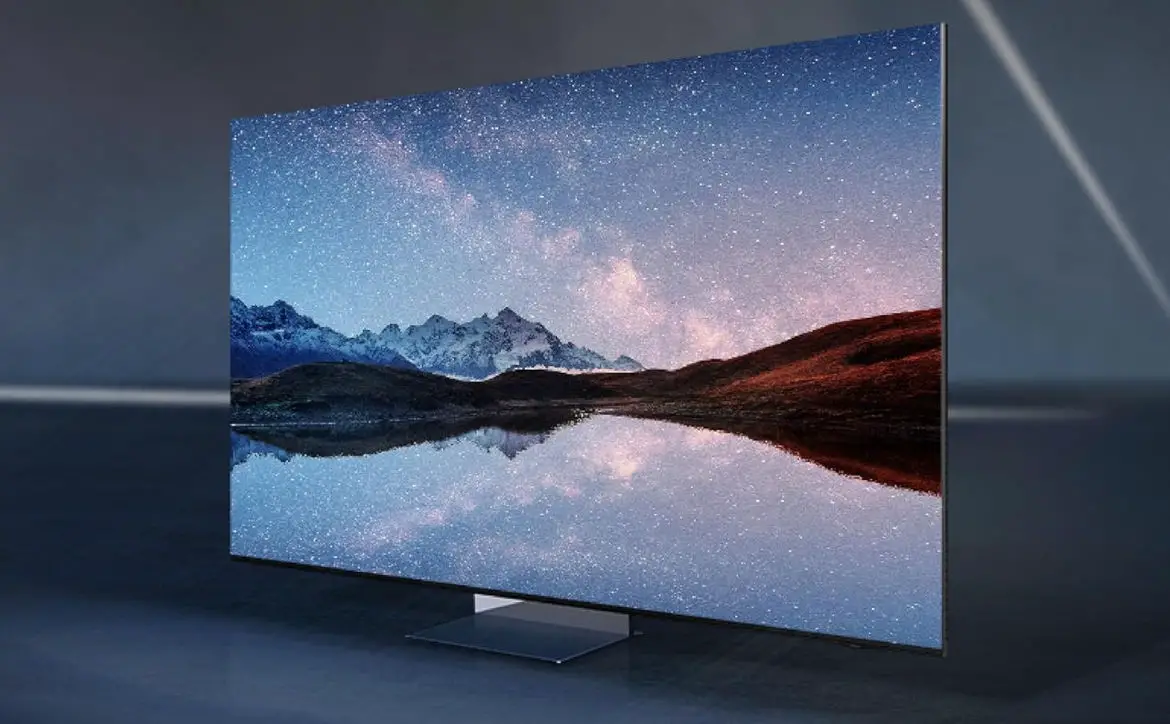In today’s rapidly evolving digital landscape, the balance between convenience and privacy has become an ever-present challenge. The proliferation of technology, coupled with the exponential growth of online services, has given rise to a societal shift where consumers are increasingly faced with the choice between safeguarding their personal data and enjoying the undeniable benefits of convenience.
Estimated reading time: 4 minutes
While privacy concerns are undoubtedly significant, it is often observed that consumers tend to prioritize convenience over privacy. In this article, we delve into the various factors that drive this decision and explore the reasons why consumers frequently lean towards convenience, even when they are troubled by privacy concerns.
Table of contents
The Allure of Convenience
Convenience, defined as the quality of being easy and efficient to use, holds a universal appeal. The modern world has seen an unparalleled influx of time-saving devices, apps, and services that simplify daily tasks, enhance communication, and streamline transactions. From mobile banking and online shopping to social media and smart home devices, convenience has become an integral part of our lives. The allure of swift, hassle-free experiences is undeniable, as they allow us to accomplish more with less effort and time.

Factors Driving the Preference for Convenience
- Time Constraints: In today’s fast-paced world, time is a precious resource. Consumers are often juggling multiple responsibilities and commitments, leaving them with limited time for various tasks. As a result, the convenience offered by technology and digital services is a compelling incentive.
- Instant Gratification: The digital age has cultivated a desire for instant gratification. People are accustomed to immediate access to information, goods, and services. Convenience regularly goes hand in hand with this need for quick satisfaction, as it eliminates delays and wait times.
- Cognitive Load: Decision fatigue is a psychological phenomenon where the quality of decision-making deteriorates with the increasing number of choices. Consumers are more likely to opt for the simplest choice to alleviate cognitive load, leading them to prioritize convenience over privacy.
- Seamless Integration: Devices, apps, and services that seamlessly integrate into our lives are more likely to be adopted. Technologies that cater to users’ existing habits and routines tend to gain traction, as they offer convenience without causing disruption.
- Social Norms: Peer pressure and societal norms play a role in shaping consumer choices. If most individuals prioritize convenience and share their data willingly, it can create a sense of social acceptance that further influences decision-making.
- Lack of Immediate Consequences: Privacy breaches and data misuse often have intangible consequences that might not be immediately evident to consumers. This can lead to a perceived low risk of sharing personal information, making convenience a more attractive option.
- Customization and Personalization: Digital services frequently leverage user data to offer personalized experiences. Consumers are drawn to platforms that understand their preferences, leading to a sense of individualization that enhances convenience.
- Perception of Trade-offs: Many consumers believe that the benefits they receive from sharing their data outweigh the potential drawbacks. This perception typically stems from a lack of awareness about the extent of data usage and its potential implications.
Balancing Act: The Privacy Paradox
While convenience remains a driving force in consumer decisions, it is important to acknowledge the existence of the privacy paradox. This paradox describes the phenomenon where individuals express concerns about privacy but fail to take significant actions to protect their data. It reflects the complexity of human behavior when faced with the trade-offs between convenience and privacy.
Conclusion
The tug-of-war between convenience and privacy is a multifaceted issue that reflects the evolving dynamics of the digital age. While consumers tend to lean towards convenience, it is crucial to strike a balance that ensures both their convenience and their privacy are respected.
As technology continues to advance, it becomes increasingly critical for individuals to be informed about the implications of their choices and to advocate for transparency, control, and responsible data practices from service providers. Ultimately, the decision between convenience and privacy should be a well-informed and conscious one, reflecting the values and priorities of each individual in the digital landscape. But we are finding that more and more, people choose convenience over privacy.
What do you think? Please share your thoughts on any of the social media pages listed below. You can also comment on our MeWe page by joining the MeWe social network. And subscribe to our RUMBLE channel for more trailers and tech videos.
In some of our articles and especially in our reviews, you will find Amazon or other affiliate links. As Amazon Associates, we earn from qualifying purchases. Any other purchases you make through these links often result in a small amount being earned for the site and/or our writers. Techaeris often covers brand press releases. Doing this does not constitute an endorsement of any product or service by Techaeris. We provide the press release information for our audience to be informed and make their own decision on a purchase or not. Only our reviews are an endorsement or lack thereof. For more information, you can read our full disclaimer.
Portions of this article were written using AI, some images may be generated using AI.
Last Updated on March 13, 2024.










